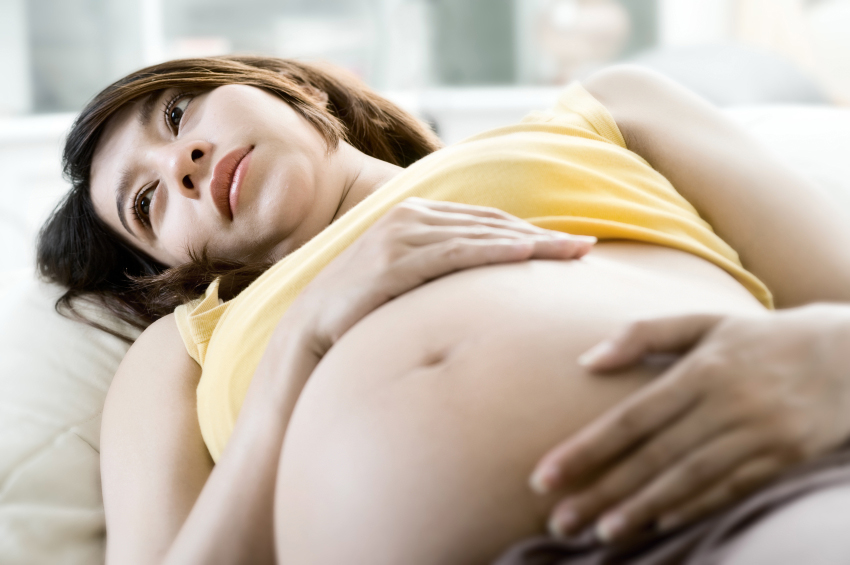Aurélie, aged 36, was six months pregnant when she discovered she had breast cancer. But doctors reassured her: “Patients often think that they cannot be treated and continue their pregnancy at the same time”, explained Christine Rousset-Jablonski, gynaecologist at Centre Léon-Bérard in Lyon. “In fact, although radiotherapy is not feasible, surgery is. Chemotherapy can also be given after the first trimester of pregnancy. “Fifteen years ago, everyone was reluctant. Lots of abortions were carried out”, continues Dr. Rousset-Jablonski. “With hindsight, it was established that treatments did not increase the risk to the baby.” Olivier Tredan, head of the Oncology Department at Centre Léon-Bérard in Lyon, in fact explains that “the placenta is a wonderful barrier against toxic chemicals. Overall, babies are born without any complications, anomalies and without cancer”.
As in Aurélie’s case, 0.2 to 3% of cases of breast cancer occur during pregnancy. Whilst still rare, these cases are nevertheless on the increase: “Today, women are having children later”, Barbara Pistilli continues, “and breast cancers are detected earlier than before”. Mothers-to-be still find it hard to deal with this situation: “They tell us, ‘I’m experiencing new life and yet I’m thinking about death'”, recounts Barbara Pistilli. “But they feel stronger to fight. They tolerate chemo much better. Scientifically, we don’t really know why”.
Grazia (19/10/2018)

